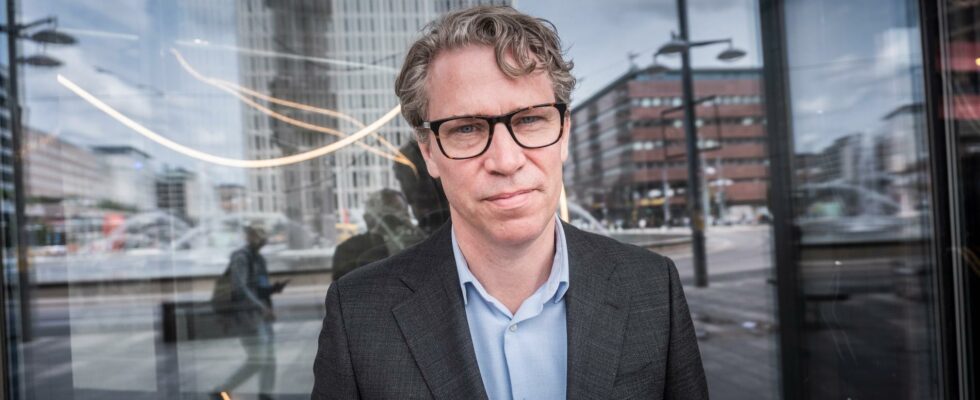unsaveSave
expand-left
full screen After the vote of no confidence in the French government, the country is facing an uncertain time, according to Göran von Sydow, head of the Swedish Institute for European Political Studies (Sieps). Archive image. Photo: Magnus Hjalmarson Neideman/Svd/TT
The French government falls and the country is now thrown into a politically turbulent time where the outcome is uncertain.
– I have a hard time seeing how this situation should be resolved, says expert Göran von Sydow.
The French government headed by Prime Minister Michel Barnier is forced to resign after the parliament voted for a motion of no confidence on Wednesday evening. Nothing like this has happened since 1962.
Despite the unusual outcome, it can be seen as expected, according to Göran von Sydow, head of the Swedish Institute for European Political Studies (Sieps).
– There is a certain political logic to this happening. Barnier has failed to present a policy that appeals to either the left or the far right in order to gain a majority, he says.
Difficult balance
After this summer’s new elections, which were announced by President Emmanuel Macron, three blocs were formed – the government’s, a left-wing bloc and a right-wing bloc with, among others, the far-right National Gathering party. When Macron appointed the government, he hoped that a right-wing government would be accepted by the far right – which did not happen.
What lies ahead may be even more uncertain than in recent months, according to von Sydow.
– I find it difficult to see how this situation should be resolved and handled now. The ball will go back to Emmanuel Macron who will consider his options.
The French electoral system usually creates a majority on the right or left. None of today’s blocks has the opportunity to create its own stable majority, which is due, among other things, to the principle of not cooperating with the National Assembly or the left-wing radical Unoccupied France.
– They are very far apart politically. The strong forces that exist on the extreme left and right of the party system make it difficult for everyone else to gather and form a political majority with them.
European vacuum
Like France, Germany has been thrown into a difficult political situation with new elections – the countries that are often described as the engine that drives EU cooperation forward. At the same time, Donald Trump takes office as US president in January.
– There will be a period of vacuum of European leadership when many see that it is needed more than otherwise – in relation to the incoming American president, the strong geopolitical tensions and the war. At the same time, it must be said that there are other sources of leadership within the EU. Now the Commission has taken office and other Member States can take greater responsibility.
